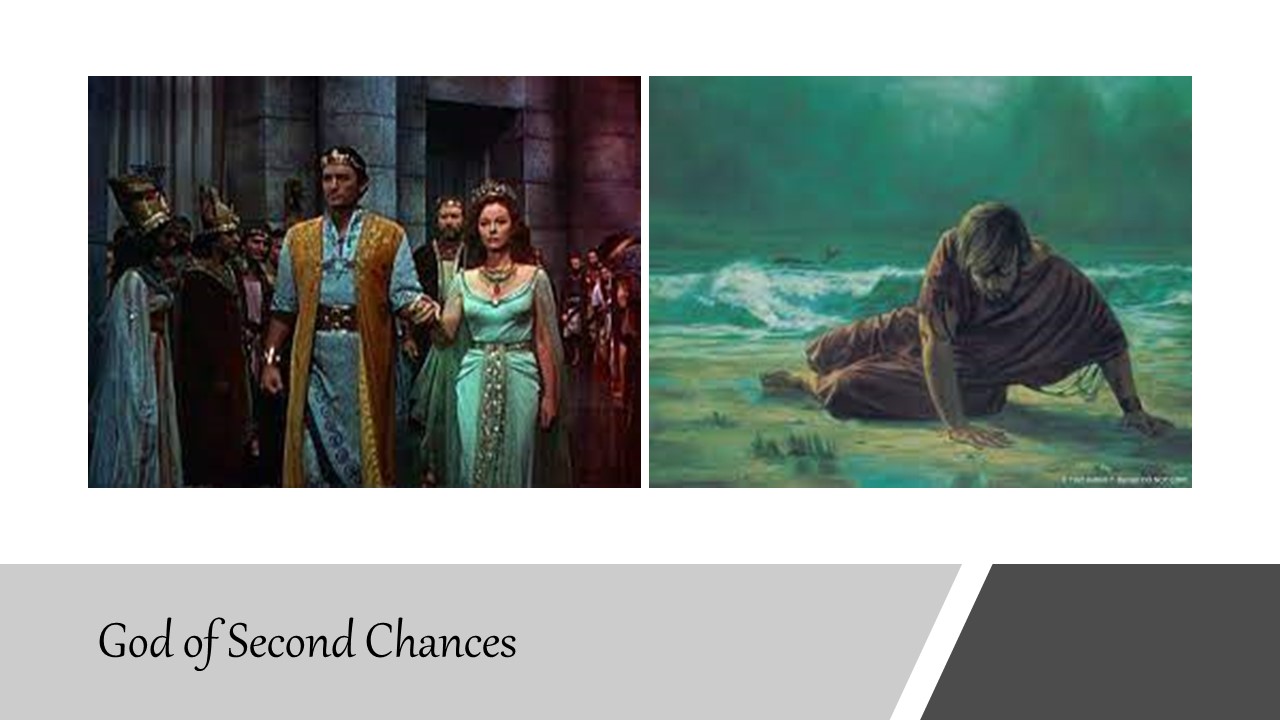Today is the first part of a multi-part musical special: “Waymaker.” It begins with the declaration of Jesus as the Waymaker, grounding the theme in John 14:6 where He says, “I am the way, the truth, and the life.” Through scripture, music and reflection, the episode emphasizes Jesus doesn’t just make a way through life’s obstacles; He Himself is the Way. The story of Israel at the Red Sea in Exodus 14 serves as a powerful illustration: when there was no escape, God split the sea, turning a dead end into a path of deliverance. The same God who led His people through the waters is the one who, in Christ, makes a way through sin, death, and every impossibility we face.
The episode then transitions into a tender, personal moment between a fictionalized Cleopas and his granddaughter Jochebed. Through their conversation, the theme of Jesus as both miracle worker and miracle Himself unfolds. Cleopas explains that every act of Jesus, from His birth to the Resurrection, was “miracle after miracle,” each one pointing to salvation’s plan. This is expressed in the featured song, “Miracle After Miracle,” which traces the divine hand from Bethlehem to Calvary to the empty tomb, highlighting that Jesus’ very life embodies God’s perfect way of redemption.
The episode concludes by bringing the message close to the heart of the listener: Jesus is still the Waymaker today. When we face dead ends—whether in relationships, health, or faith—our impossibilities become God’s opportunities. The prayer at the end encapsulates this hope, asking the Father to remind us that no barrier is beyond Jesus’ power to overcome and to teach us to trust His path even when we cannot see it.

Today’s episode is Part 3 of “Making Waves,” a special musical theater edition of 1010 Thrive. We open with some of Methuselah’s final words...

God is not only the God of second chances; He is the God of another chance. This is good news because most of us...

In today’s episode, we explore the life and leadership of Joshua, a key figure in the Bible. Joshua was born during Israel's slavery in...